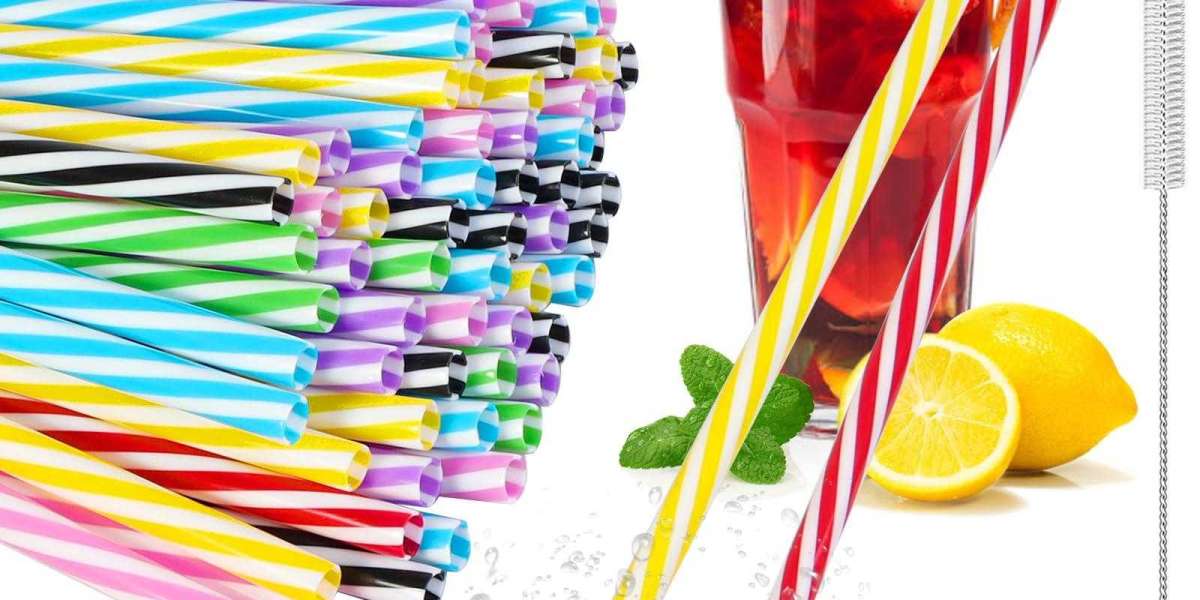The environmental conversation surrounding single-use products has intensified focus on material durability and its ecological implications, particularly when examining the persistence of traditional PP Straw materials in natural environments. This examination reveals important considerations about how product lifespan should be balanced against environmental impact, especially for items designed for momentary use. The discussion has expanded to include not just immediate functionality but also long-term ecological consequences, driving innovation toward materials that serve their purpose without creating lasting environmental burdens. This shift in perspective represents significant progress in how we evaluate product sustainability.
Material science reveals that certain synthetic compounds possess molecular structures that resist natural degradation processes. These materials maintain their structural integrity through various environmental conditions, which while beneficial during product use, becomes problematic when items enter ecosystems after disposal. The same properties that make these materials reliable for containing beverages also make them persistent in natural environments, where they can remain intact for extended periods. This durability paradox presents a challenge for manufacturers seeking to balance product performance with environmental responsibility.
The search for alternatives to conventional PP straw has accelerated innovation in sustainable material development. Researchers and manufacturers are exploring various plant-based polymers, composite materials, and other innovative solutions that can provide the necessary functionality without the environmental persistence of traditional options. These new materials are designed to break down more readily in appropriate conditions while maintaining the performance characteristics that consumers expect. This innovation represents an important step toward creating products that serve immediate needs without creating long-term environmental concerns.
Soton has embraced this challenge by developing drinking solutions that combine practical performance with environmental responsibility. The company's approach focuses on creating products that deliver reliability during use while minimizing ecological impact after disposal. Through careful material selection and manufacturing innovation, Soton has developed alternatives that maintain the functional benefits of traditional options while addressing their environmental drawbacks. This commitment to sustainable innovation demonstrates how manufacturers can lead positive change in product design and environmental stewardship.
Looking toward the future, Soton continues to invest in research and development of new materials and manufacturing processes. The company's dedication to sustainability drives ongoing innovation that pushes the boundaries of what's possible in eco-friendly product design. By focusing on solutions that balance immediate practical needs with long-term environmental considerations, Soton provides consumers and businesses with options that support both convenience and ecological responsibility. This forward-thinking approach positions Soton at the forefront of sustainable product innovation.Click https://www.sotonstraws.com/product/ to reading more information.







